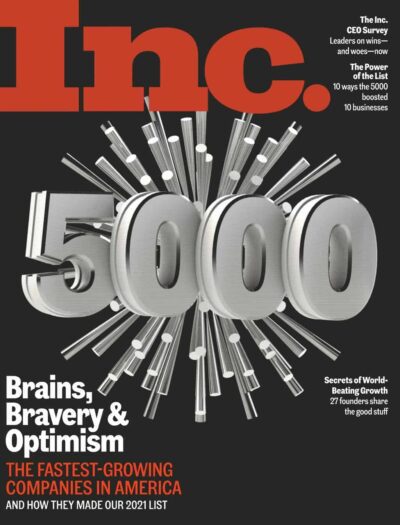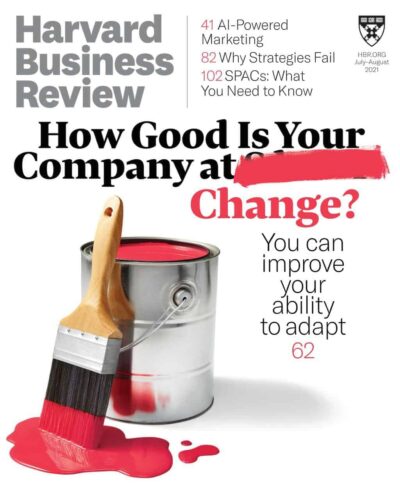

U.K. to Criminalize Creating Sexually Explicit Deepfake Images
The U.K. will criminalize the creation of sexually explicit deepfake images as part of plans to tackle violence against women.
People convicted of creating such deepfakes without consent, even if they don’t intend to share the images, will face prosecution and an unlimited fine under a new law, the Ministry of Justice said in a statement. Sharing the images could also result in jail.
[time-brightcove not-tgx=”true”]
Rapid developments in artificial intelligence have led to the rise of the creation and dissemination of deepfake images and videos. The U.K. has classified violence against women and girls as a national threat, which means the police must prioritize tackling it, and this law is designed to help them clamp down on a practice that is increasingly being used to humiliate or distress victims.
Read More: As Tech CEOs Are Grilled Over Child Safety Online, AI Is Complicating the Issue
“This new offence sends a crystal clear message that making this material is immoral, often misogynistic, and a crime,” Laura Farris, minister for victims and safeguarding, said in a statement.
The government is also introducing new criminal offenses for people who take or record real intimate images without consent, or install equipment to enable someone to do so. A new statutory aggravating factor will be brought in for offenders who cause death through abusive, degrading or dangerous sexual behavior.
Get the latest work and career updates delivered straight to your inbox by subscribing to our magazine category today. Stay informed and ahead of the game with Subscrb.
The content on this website has been curated from various sources and is for informational purposes only. We do not claim ownership of any of the content posted here, all rights belong to their respective authors. While we make every effort to ensure that the information is accurate and up-to-date, we cannot guarantee its completeness or accuracy. Any opinions or views expressed on this website are solely those of the original authors and do not necessarily represent our own. We do not endorse or take responsibility for the content or actions of external websites or individuals linked from this website. Any reliance on the information provided on this website is done at your own risk. Please note that this article was originally seen on the source website TIME, by the author Ellen Milligan / Bloomberg
-
SALE!




Forbes Asia Magazine Subscription
From: RM220 / year -
SALE!


Fortune Magazine Subscription
From: RM118 / year -
OUT OF STOCK




The Economist Magazine Subscription
From: RM1530 / year -


Inc. Magazine Magazine Subscription
From: RM22 / year -


Consumer Reports Magazine Subscription
From: RM22 / year -


Harvard Business Review Magazine Subscription
From: RM83 / month -


Entrepreneur’s Startups Magazine Subscription
From: RM4 / year -


BILLIONAIRE Magazine Subscription
From: RM131 / year



